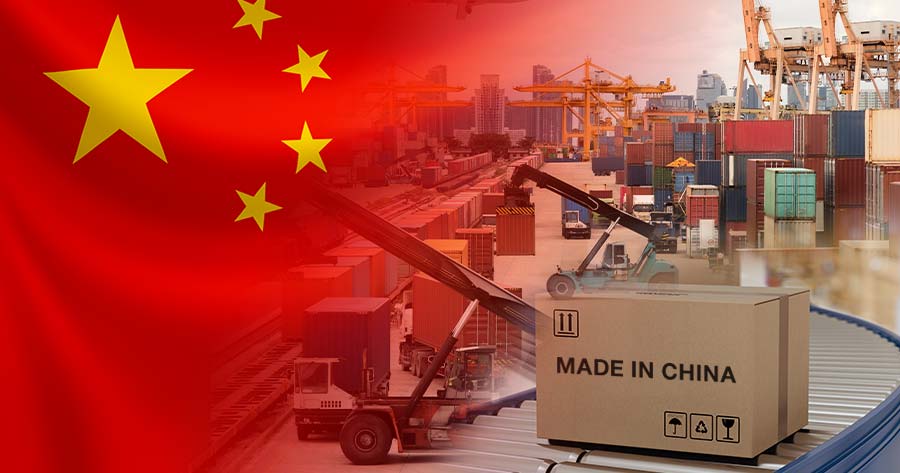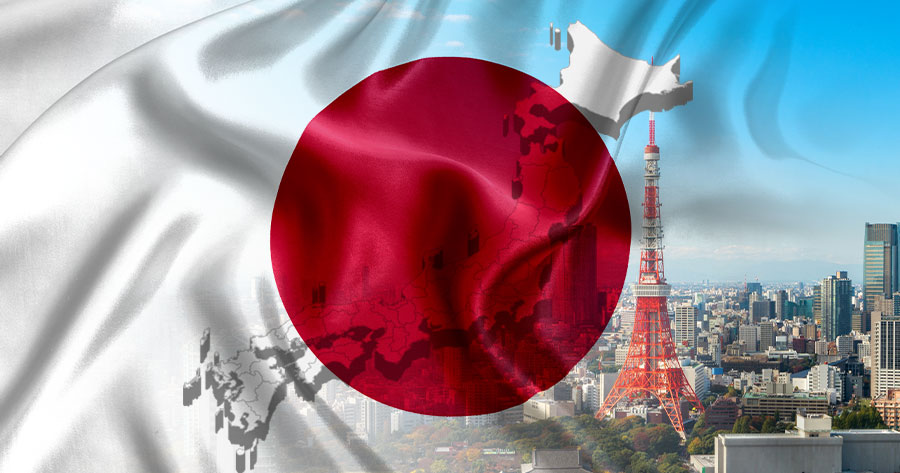For the first time since December 2020, China’s factory gate prices fell in October, while consumer inflation slowed. These trends reflect weakening domestic demand and production disruptions in the face of strict Covid-19 controls and a struggling property market.
National Bureau of Statistics (NBS) statistics released on Wednesday indicated that the producer pricing index (PPI) decreased 1.3% from a year ago, reversing the 0.9% gain seen the previous month and contrasting with the 1.5% drop predicted by a Reuters poll.
NBS said that the considerably higher levels from a year ago and dropping commodity prices contributed to the deflationary impetus in the producer price index.
The consumer price index (CPI), a core measure of inflation, rose 2.1% year on year in October, slowing from a 29-month high of 2.8% in September, mainly due to falling food prices.
Both exports and imports from China fell in October, putting a damper on the country’s economic engine, and economists are expecting even more slow growth in the coming quarters as a result of domestic pressure and global recessionary threats.
In the midst of widespread global interest rate hikes headed by the US Federal Reserve, analysts believe that Chinese authorities would be hesitant to ease monetary policy for fear of triggering a capital flight.
China has vowed to stick with its stringent Covid-19 containment approach despite the pandemic has been ongoing for nearly three years.




